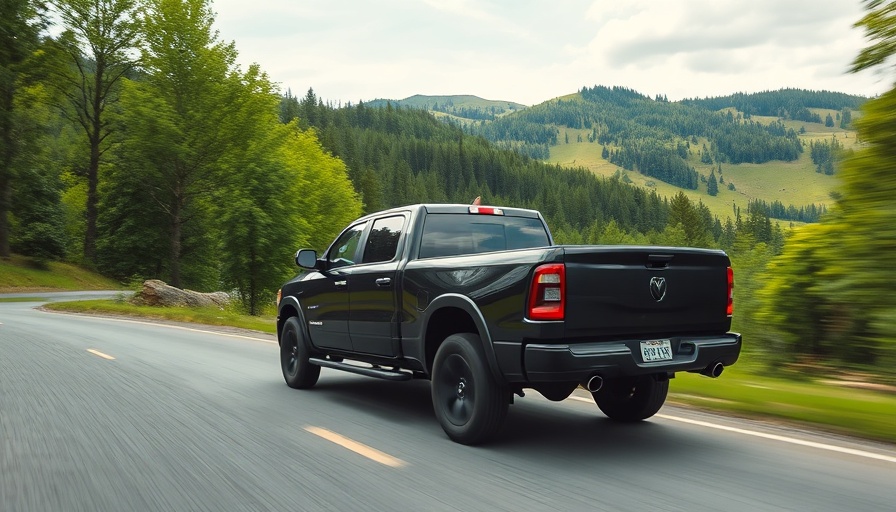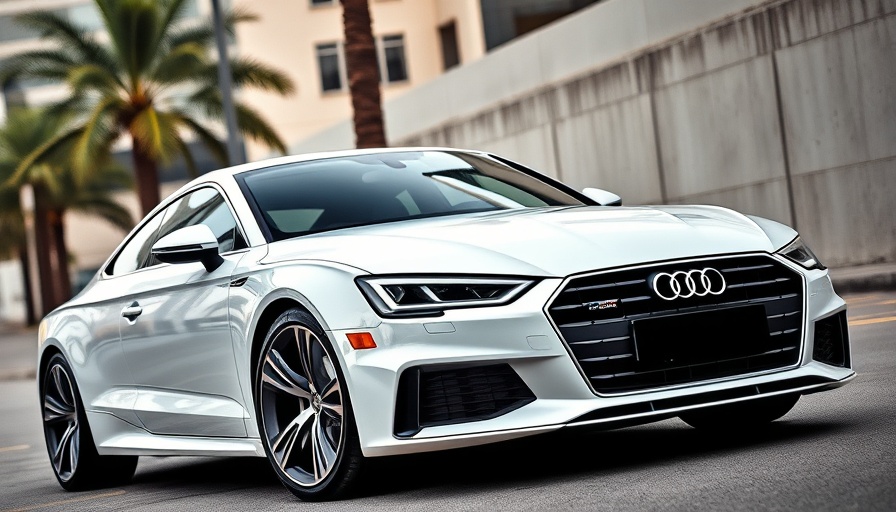
Honda and Nissan: A Shift in the Automotive Landscape
The automotive industry has faced significant challenges lately, with renowned manufacturers like Honda and Nissan experiencing notable declines in sales. In 2024, Honda's sales dipped by 4.6%, resulting in approximately 3.8 million units sold. This downturn has raised questions about the sustainability of their current strategies and whether a tie-up between the two brands could rejuvenate their market presence.
Sales Slump: Understanding the Impact
The decline in sales for Honda and Nissan isn't just a reflection of the companies themselves, but also highlights broader market trends. Factors contributing to these trends include shifting consumer preferences towards electric vehicles, increasing competition from newer manufacturers, as well as economic fluctuations influencing potential buyers' purchasing power.
Origins of the Case for Collaboration
Amidst their respective downturns, analysts have begun to advocate for a deeper collaboration between Honda and Nissan. Previously, both brands competed fiercely, but symbiotic opportunities could arise from their shared challenges. By pooling resources and expertise, they could better adapt to the evolving market landscape while maintaining their identities.
Examining the Future: Trends and Predictions
As the automotive market moves increasingly towards electrification and technological innovation, there lies a unique opportunity for Honda and Nissan to innovate collaboratively. Should a formal partnership emerge, both brands can more effectively allocate resources to research and development, combatting the rapid advancements presented by new market entrants.
Strategies for Improving Market Position
For dealer principals and managers, understanding the reasons behind the sales dip is crucial. It highlights the importance of staying attuned to market shifts and evolving customer expectations. Managers can implement data-driven decision-making strategies, focusing on customer feedback and purchasing trends to realign their operational approaches.
Lessons from Industry Counterparts
Taking a leaf from the playbook of successful automotive collaborations, such as the Renault-Nissan-Mitsubishi Alliance, can provide valuable insights. While each brand retains its uniqueness, they have collectively harnessed a wealth of shared resources to remain competitive in a challenging environment. Honda and Nissan could follow suit, finding strength in cooperation rather than competition.
Conclusion: The Road Ahead
As Honda and Nissan navigate their sales challenges, the proposed collaboration could prove transformative. By merging their strengths, both companies may redefine their market strategies and adapt effectively to the future of the automotive industry. Embracing innovation and understanding market dynamics will be key to their resurgence in a fiercely competitive landscape.
 Add Row
Add Row  Add
Add 




Write A Comment